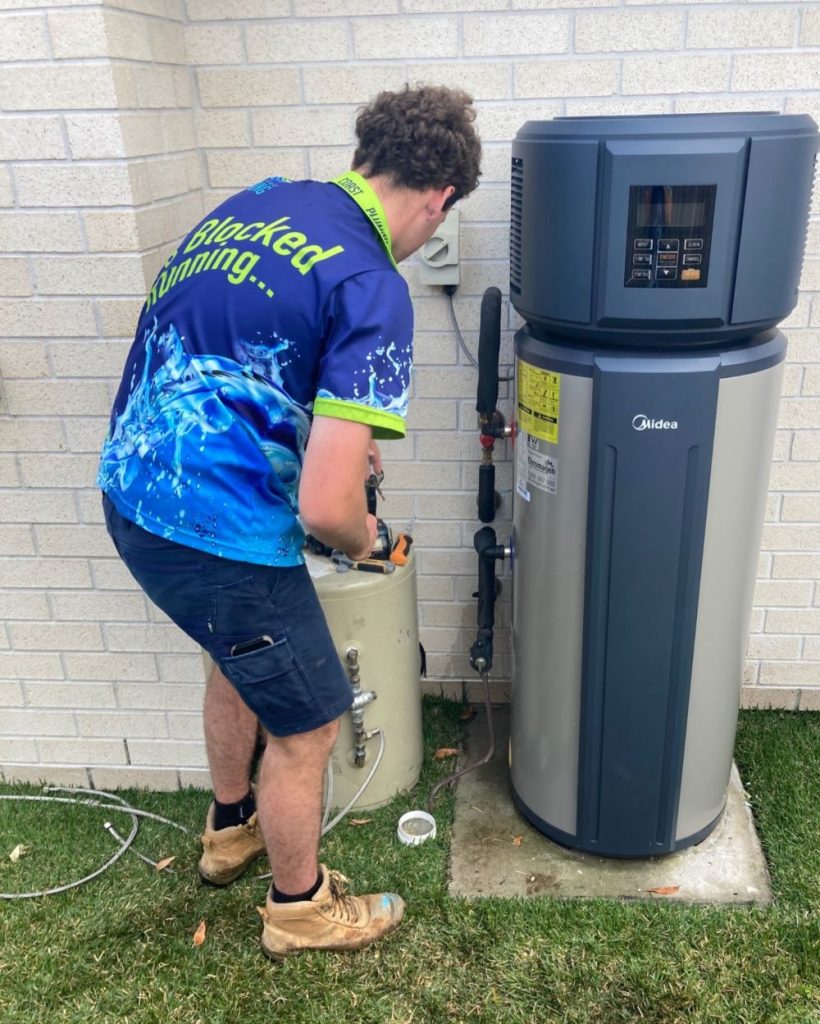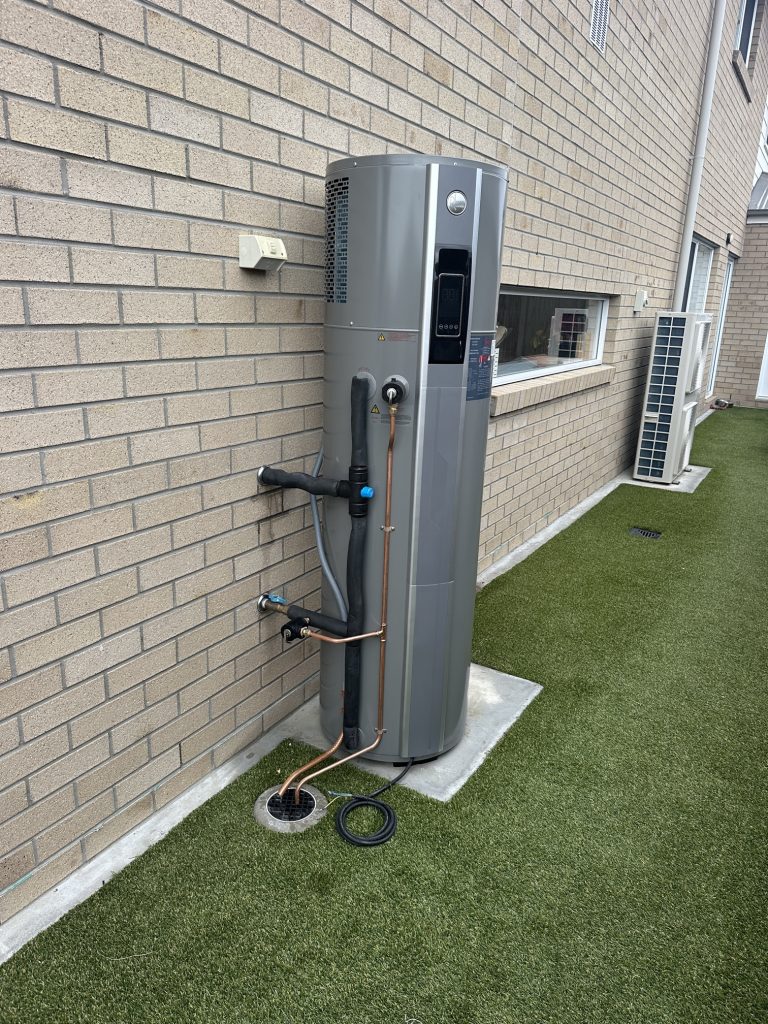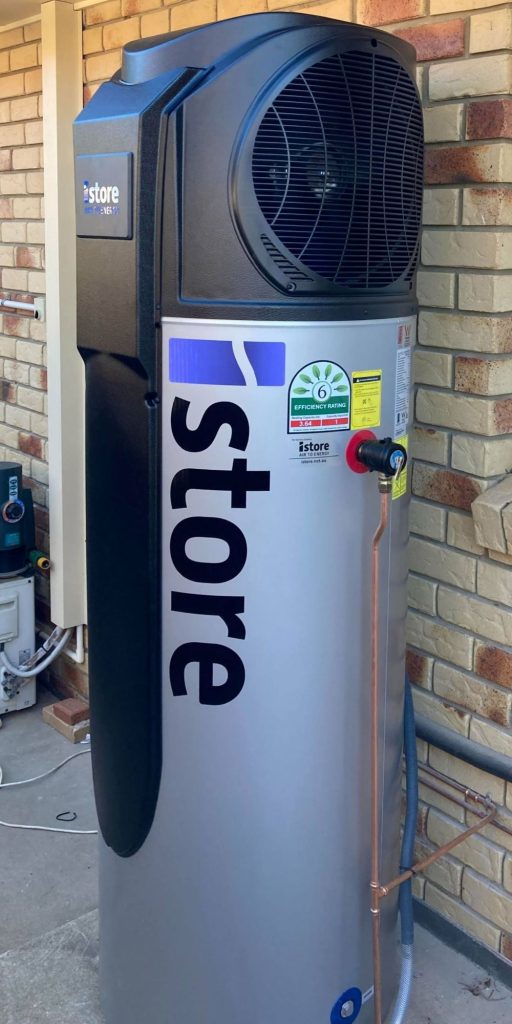Overcoming the Unique Challenges of Selecting Hot Water Systems in Queensland’s Climate
When it comes to selecting the ideal hot water system for your home in Queensland, the decision involves much more than just choosing a brand or considering the capacity of the system. It necessitates a thorough understanding of several critical factors that influence not only the system’s performance but also its long-term efficiency. These factors include the local climate, varying humidity levels, electricity tariffs, and the specific daily water consumption habits of your household. As energy prices continue to climb, many homeowners are turning to heat pumps for their superior energy efficiency and sustainable features. However, these systems may not be the best fit for every property type, making it essential to evaluate all relevant aspects before making a final choice to ensure optimal functionality and longevity of your hot water solution.
This article delves into the operational efficiency of heat pumps tailored for the diverse weather conditions of Queensland, identifies which types of homes benefit the most from these innovative systems, and dispels common myths that could lead to poor performance or misguided system selections.

Enhancing Heat Pump Efficiency in Coastal Queensland Settings
Heat pump water heaters function by extracting thermal energy from the surrounding air, and their efficiency significantly increases as air temperatures rise. In coastal regions of Queensland, particularly in sought-after areas like the Sunshine Coast, Brisbane, and the Fraser Coast, average air temperatures tend to stay above 5°C even in winter. This stable warmth enables heat pumps to operate efficiently throughout the year without requiring electric boosting or additional heating components, which are often necessary in colder climates. By harnessing this natural energy, homeowners can benefit from lower energy bills and a significantly reduced carbon footprint, making heat pumps an environmentally friendly choice.
Essential Environmental Factors That Enhance Heat Pump Performance
| Factor | Impact on Heat Pump Functionality | Coastal QLD Efficiency |
|---|---|---|
| Average ambient temperature | Higher = more efficient operation | ✓ Consistently maintained above 5°C |
| Humidity levels | Moderate improvements | ✓ Generally high and stable |
| Access to off-peak electricity | Lower operational costs | ✓ Widely available in most regions |
| Roof shading | Not a significant factor | ✓ No detrimental impact on system |
| Direct sunlight exposure | Not a necessity | ✓ Functions well in shaded conditions |
Identifying Scenarios Where Heat Pumps May Underperform
While heat pumps offer numerous advantages, there are specific circumstances in Queensland where their performance may not meet expectations:
- Inland or elevated regions
In locations such as Toowoomba or the Hinterland, winter nights can see temperatures drop significantly. In these scenarios, certain heat pump models may struggle to maintain optimal efficiency without the assistance of a booster element, ultimately leading to heightened energy consumption and costs. - Constricted or poorly ventilated outdoor spaces
Heat pumps require sufficient airflow around their compressor units to operate at peak efficiency. In limited or enclosed areas, the efficiency of heat extraction can diminish, and operational noise may increase, potentially causing disturbances to residents. - Large households with substantial water demand
In homes accommodating more than six occupants, systems designed for increased water storage or faster recovery times, such as solar-boosted gas systems, can be more advantageous in meeting high hot water requirements efficiently.
Dispelling Common Misconceptions About Heat Pumps in Queensland
“They become ineffective during winter.”
This misconception may hold true for colder southern regions but is inaccurate for Queensland. In areas where average temperatures remain consistently above 5°C, heat pumps exhibit reliable efficiency throughout winter, ensuring a steady supply of hot water even in cooler months.
“Solar panels are essential for heat pumps to function.”
This claim is misleading. Heat pumps can operate independently of solar photovoltaic (PV) systems; however, integrating them with solar energy can significantly enhance your energy savings and promote sustainability.
“Heat pumps are excessively noisy and disruptive.”
Modern heat pump systems are designed to operate much quieter than older models. When properly installed in well-ventilated areas, the noise produced by the compressor unit is usually minimal, contributing to a comfortable living environment.
Effective Strategies for Optimizing Heat Pump Installation and Performance in Queensland
- Select a system designed for Australian conditions
Opt for models that feature high-efficiency ratings and dependable local support, such as istore or Stiebel Eltron, both of which are recognized for their exceptional performance in the Australian climate. - Install in a well-ventilated yet shaded area
While heat pumps do not require direct sunlight, they necessitate adequate airflow around the unit for optimal functionality. - Utilize timers or smart controls
By programming the system to operate during periods of solar power generation or off-peak electricity hours, you can significantly enhance energy savings and reduce overall costs. - Correctly size your system
A capacity ranging from 250–300 litres is generally sufficient for the needs of most families. An improperly sized system may lead to performance issues and increased reliance on boosting mechanisms, resulting in higher energy consumption.
The Crucial Importance of Local Expertise in Achieving Successful Heat Pump Installations
<pThe installation process of a heat pump requires a tailored approach to yield the best results. The most effective outcomes are achieved by collaborating with a local plumber who possesses specialized knowledge about:
- Performance tailored to local climate conditions, ensuring optimal operational efficiency
- Eligibility for rebates such as Small-scale Technology Certificates (STCs) and various Queensland government incentives designed to promote energy efficiency
- Optimal placement and ventilation strategies for the unit to maximize performance
- Integration with solar PV systems or battery storage solutions, if applicable, to enhance energy efficiency
At Creek to Coast Plumbing, we specialize in providing and installing high-performance hot water systems, including heat pumps, throughout the Sunshine Coast and Moreton Bay regions. Our experienced team is committed to helping you identify the type of hot water service that best meets your specific needs. As the demand for energy-efficient hot water solutions continues to rise, many individuals are weighing their options between solar systems and heat pumps. We will evaluate your home’s unique conditions, recommend the most suitable system, and ensure you are well-equipped for optimal efficiency.
Discover more about our Heat Pump Hot Water Installations or reach out to us for a personalized recommendation that caters specifically to your requirements.
The Article: Heat Pumps in Queensland: Effective Solutions and Pitfalls first appeared on https://writebuff.com
The Article Heat Pumps in Queensland: Benefits and Challenges Explained Was Found On https://limitsofstrategy.com



